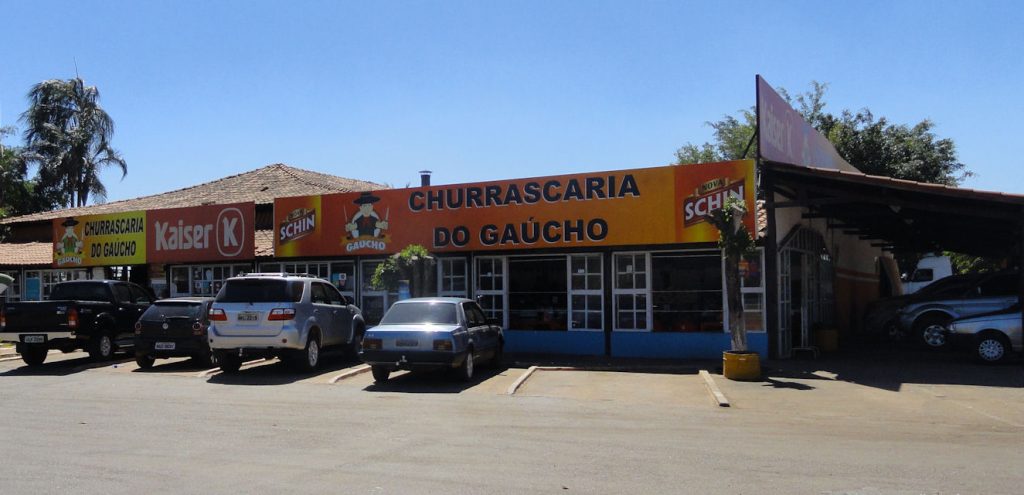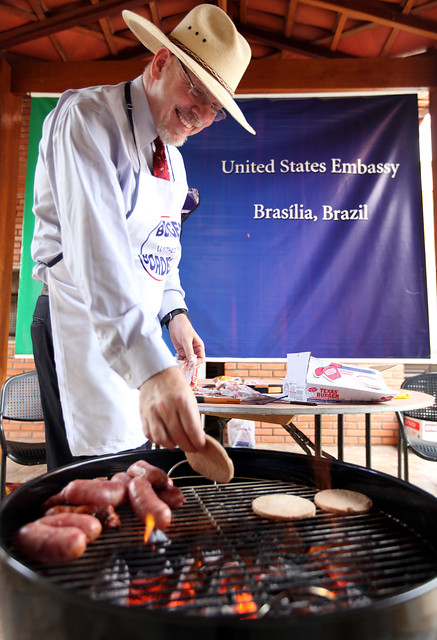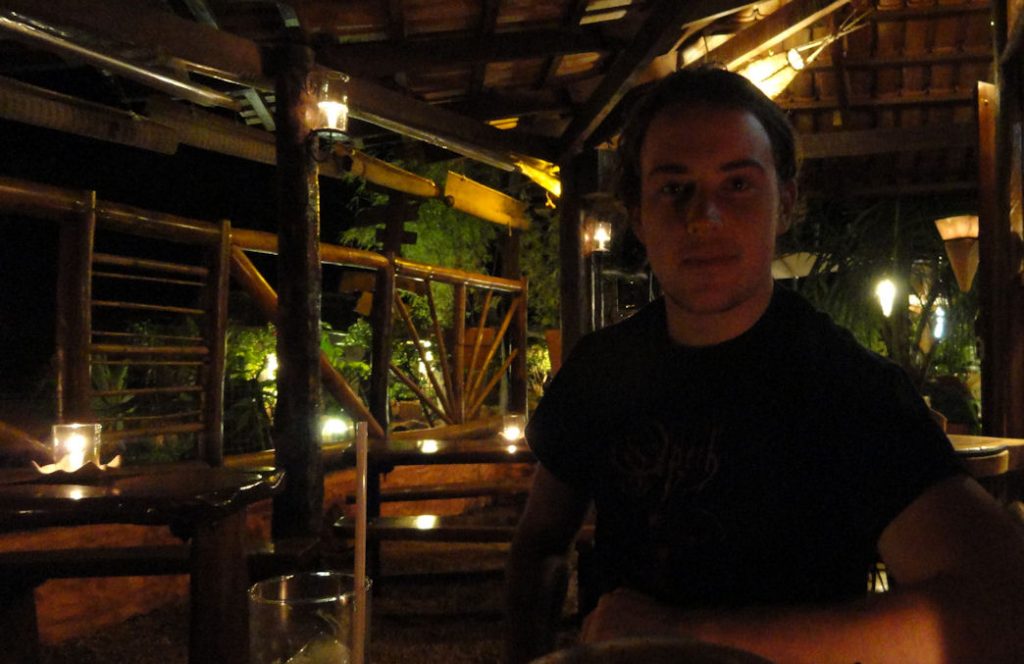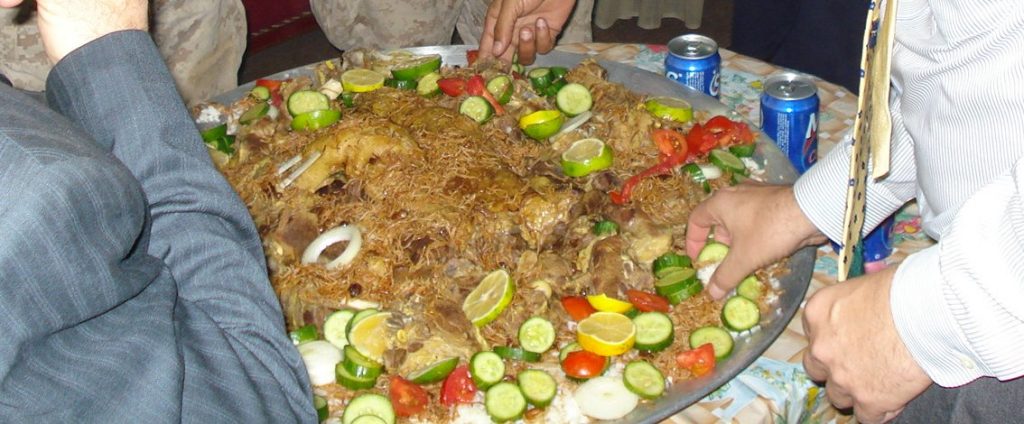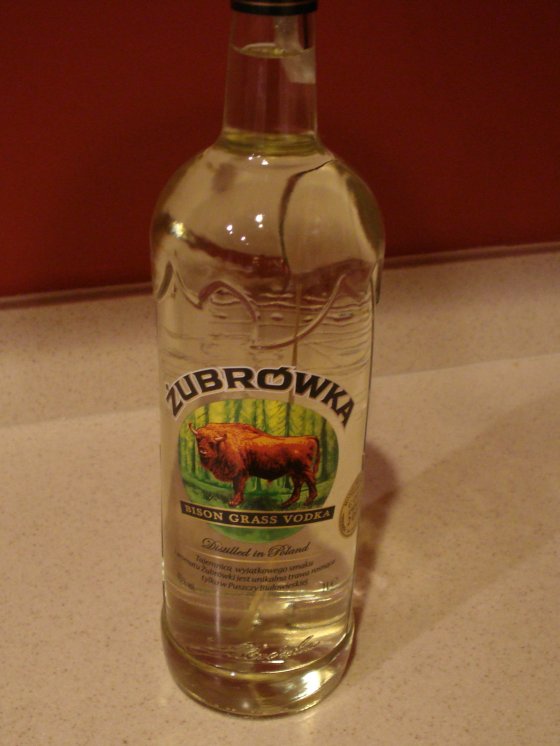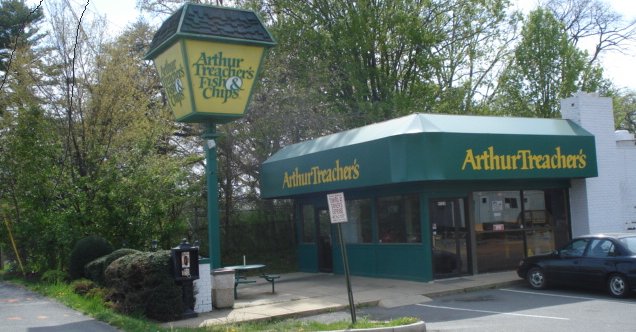What food did you like and how has it changed? – My story worth for this week.
I grew up in the days of Wonder Bread and Oscar Meyer wieners and simple foods in general. Milwaukee in the 1960s was not a mecca for a variety of foods, at least around where I lived. We did not even have a McDonald’s until I was in 10th grade. I tried my first Chinese food when I was already in college. I don’t know if you can call Taco Bell Mexican food, but my first exposure to that sort of food came when I was about sixteen.
Simple foods to start
My mother’s food was good, but simple – meat and potatoes, although never steak. I had my first steak when I was in college. Pot roast and pork chops were our main meet dishes, along with beef stew and backed chicken. We had a lot of spaghetti, Kraft Dinner (macaroni & cheese) and lots of potatoes – mashed, backed and scalloped. My mother’s spaghetti was very simple and not very Italian. Meat with tomato sauce. My cousin married an Italian woman, Irma, and when they lived upstairs from us, I got very good spaghetti. This was when I was already in college, however, and would come home on visits. I admit that I made sure my father told Irma when I would be home, so that I would have her great spaghetti waiting. I have a story about her that I think is funny. Good thing about spaghetti is that it is as good, better maybe the second or third day.
Salamander in the basement
It is not so much about her as the situation. I had a pet, a red and black salamander. He lived in a terrarium in the basement. I forgot to put the top on right one day and he escaped. I couldn’t find him and presumed him dead. Later, must have been years later because I was off at college and on a visit home, my father told me that he “wondered about” Irma. “Wondering about” someone was his code for saying that he thought they were acting crazy. He told me that Irma claimed to see big lizards in the basement. Milwaukee is a northern city. We do not have big lizards just crawling around like in some places in the south. I asked Irma about that lizards next time I saw her. She said it was red and black and ran off when she saw it. She ran off too, so she was not sure where it went. I never did find this “lizard” but I think it was my salamander. Those things can live twenty years. Our basement was not what you would call “finished.” It still had a dirt floor in some places and the water pipes dripped (my father and grandfather had put them together and there was never a time when they were not drinking beer while they did the work). There were lots of spiders down there, so I presume lots of whatever it is that the spiders were eating. I expect a salamander might feel at home in an environment like that.
The best sausage in the world
Milwaukee has the best sausage in the world, and I learned to love, and still do love bratwurst, liverwurst & kielbasa. Most of our vegetables came in cans and I still like canned peas better than fresh ones and I like canned peaches, but I am not fond of “real” ones. I don’t like the peach fuzz.
College food: good and cheap, well cheap
I stayed in the dorms as an undergraduate and had the meal plan. My father paid for it (thanks, Dad). I kind of like cafeteria food, but it was not really very good much of the time. Breakfast was good. You could get eggs and ham or bacon. I liked that. I was lazy my first years in college, so I did not wake up early. Sometimes, however, I would get up early to get breakfast and then go back to sleep.
My budgets were much more constrained in graduate school, since I was on my own. With no meal plan, not much money and no cooking skill, I ate mostly baked potatoes and beans. I used to bake up a whole pan of beans on the weekend and then eat them the rest of the week. It is very cheap and so monotonous that you are not tempted to overeat. I lost maybe fifteen pound my first months at University of Wisconsin. My haggard appearance alarmed my father when I went home for a visit. He made sure Irma made extra spaghetti and some lasagna that I took back with me.
McDonalds
It was also during that time that I worked at McDonald’s. I worked the lunch rush. In addition to the big bucks they paid me for working there, I got a free meal. If you worked up to four hours, you got a small sandwich (hamburger of fish sandwich), small fries and a coke. My colleagues usually made sure my small fries were filled tightly and you could fill up Coke as many times as you wanted, so it was sufficient for my needs. I worked at McDonalds for nine months and then quit because they would not give me a $.05 an hour raise. They said I had the wrong attitude, didn’t take the job seriously enough.
The boss said that if I didn’t like it, I could quit. He seemed surprised when I walked out. By then, I was also working delivering mail and running errands at the History Department. Between the 20 hours at McDonalds and about the same at the History Department, I was putting in a full-time job. I wanted more time to study (I was a nerd in those days), so my courageous decision to walk out of McDonalds was not so courageous after all.
I ate things I did not like in quantities I did not want, but sometimes good
Poland – Zurek
One of the most important jobs of a Foreign Service Officer is to eat and drink for your country. This is harder than it seems. Anybody can eat when he is hungry, but it takes a real man to eat when he is full. At official receptions or dinners, I ate things I did not like in quantities I did not want. Our policy was to eat whatever the host gave us and claim that you loved it. Sometimes – often – the food was very good, but not always. You could get used it, however. There is a kind of sour soup you get in Poland called Zurek. I detested it the first time I tasted it. Continued exposure moved me to tolerate it, and by the time I left Poland I looked forward to getting Zurek. Now I miss it. Zurek is hard to come by in the USA. Most Americans have not gone through the learning process I did.
Norway – Lutefisk
Lutefisk is something I never got to like. They eat that in Norway and also in Norwegian communities in Wisconsin, so I was forewarned. Lutefisk is a kind of decomposed codfish. It has a kind of gelatinous texture, bad taste and strong and unpleasant smell. Norway in the old days was a poor society, with long winters and sparse rations. My guess is this kind of thing was at the bottom of the barrel and everything tastes good when you are really hungry. After a while, they made a virtue out of necessity and called it a delicacy. I guess I never gave it the chance I gave Zurek. Of course, Zurek was commonly served. Lutefisk was reserved for special occasions, thank God.
Brazil – Churrasco
Brazilians have churrasco. This is great. The main drawback is that it is too good. It consists of various cuts of meat, mostly beef, served on spits. It is all you can eat, and I learned to eat a lot. My favorite was something they call picanha. I think it is a rump or flank steak. The grill it on an open fire with lots of salt and then cut off thin slices, cooked crispy on the outside and still rare on the other side. They have these places now in the USA too. Near us are “Fogo de Chão” and “Texas do Brasil.” I would eat at those places every day, if I knew it would not soon kill me to eat so well.
Iraq – Goat grab
The Iraqis used to invite us a lot of “goat grabs,” where you had sheep or goat barbecued and put on a bed of rice. It tastes great, but I was less enthusiastic about how you eat it. They put it in the middle of the table, and everybody gathers around, ripping off pieces with their hands. I don’t mind using my hands, but as an “honored guest,” others rip off pieces and give them to you. You have to eat, bad form to turn it down. I always assumed (hoped) that everybody’s hands were reasonably clean, and I never got sick, so I figure it must have been okay.
There was a lot of good fellowship at the goat grabs. My translators were often behind the curve. A guy would say something evidently important and sincere, talking for a while. The translator would say something like, “he says the goat if fresh.” My several sentence replies were also distilled into a short phrase in Arabic. I am not sure communications were as well served as the goats. Even though I often could not understand what the others were saying to me, they seemed happy and friendly.
Good translation saves my life
Speaking of translators, my best was a guy called Sam Said. He got all I said and more. I may owe him my life, as he talked us out of a dangerous situation with an angry mob in Rutbah when I made the mistake of moving around a couple of parked cars in the market, leaving my Marines very close but so far away. I listened intently, smiled when it seems appropriate and answered questions, but Sam supplied all the cultural lubricant. Lucky, I had my best man with me. Meanwhile, the Marines were getting very nervous. “Sir, get the hell outta there.” I told them that I sure would like to do that but, I figured the safest way out was forward. It ended well. The guys were aggrieved by their treatment by local authorities. They had more trust in Americans and their anger drained with every second we listened. I told them I would inquire, and I did. I followed up a week later. The local guys told me all was okay, but I admit to having no independent way of knowing.
In Heaven there is no beer, no beer in Iraq either
A big problem in Iraq is that there is no beer, at least we were not allowed to have any. As friends know, I am fond of beer, but that is not the reason I missed it so much in Iraq. Beer (vodka in Poland, aquavit in Norway or Cachaça in Brazil, actually beer in those places too, or other alcohol) is a social binder. You drink to others, toast their virtue or just mention some commonality. I suppose you can hold up a piece of meat and say, “this bite is for you,” but it lacks.
These days, I often revert to old form. Today, for example, I will bake up a few potatoes and we will have potatoes and vegetables.
My first picture is me cooking at the Embassy for our “Burgers w/o Borders,” the event where we launched our participation in “Science w/o Borders”. Eventually, around 30,000 young Brazilians went to the USA to study in STEM. Next is a churrascaria in Goiania. Picture # 3 is a goat grab in Haditha, Iraq, followed by a picture of Polish bison vodka. Last is Arthur Treachers, the now defunct fish & chips place. I liked it a lot, but stayed with it when the quality dropped.

